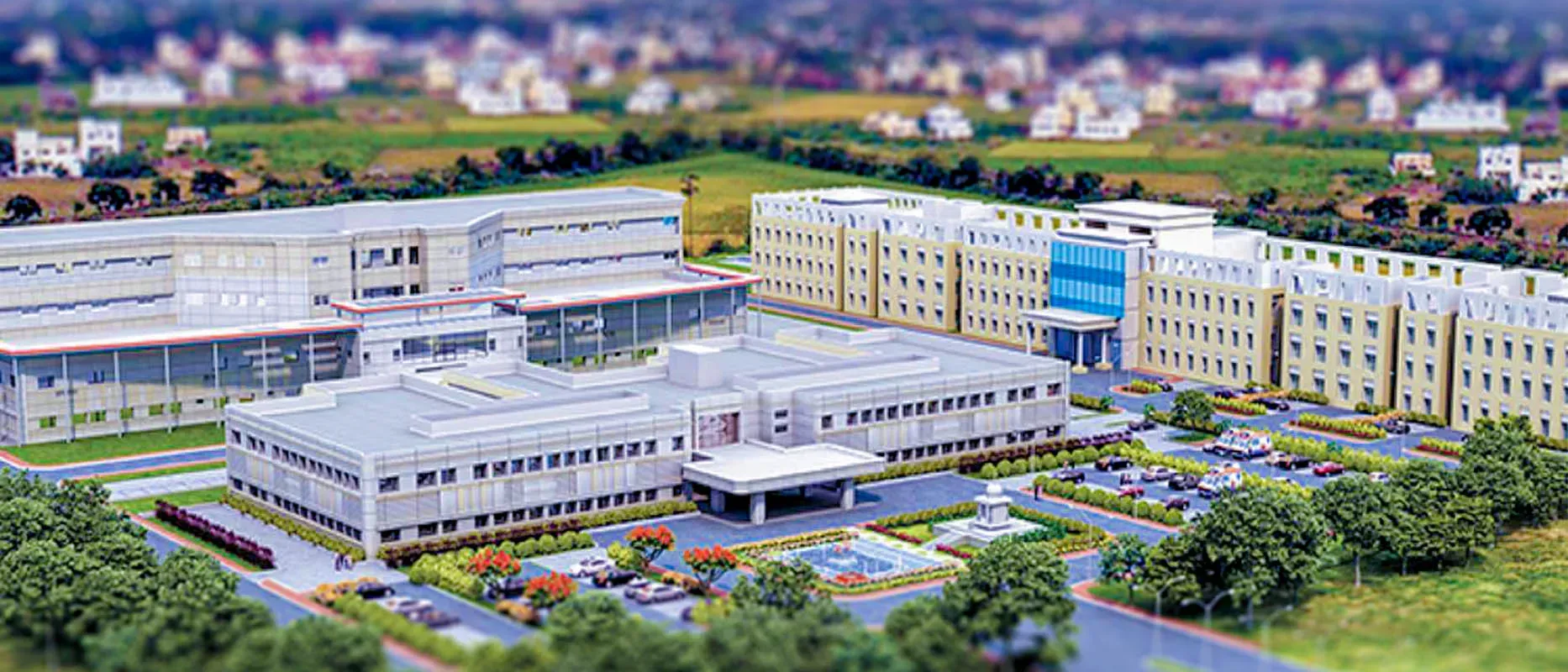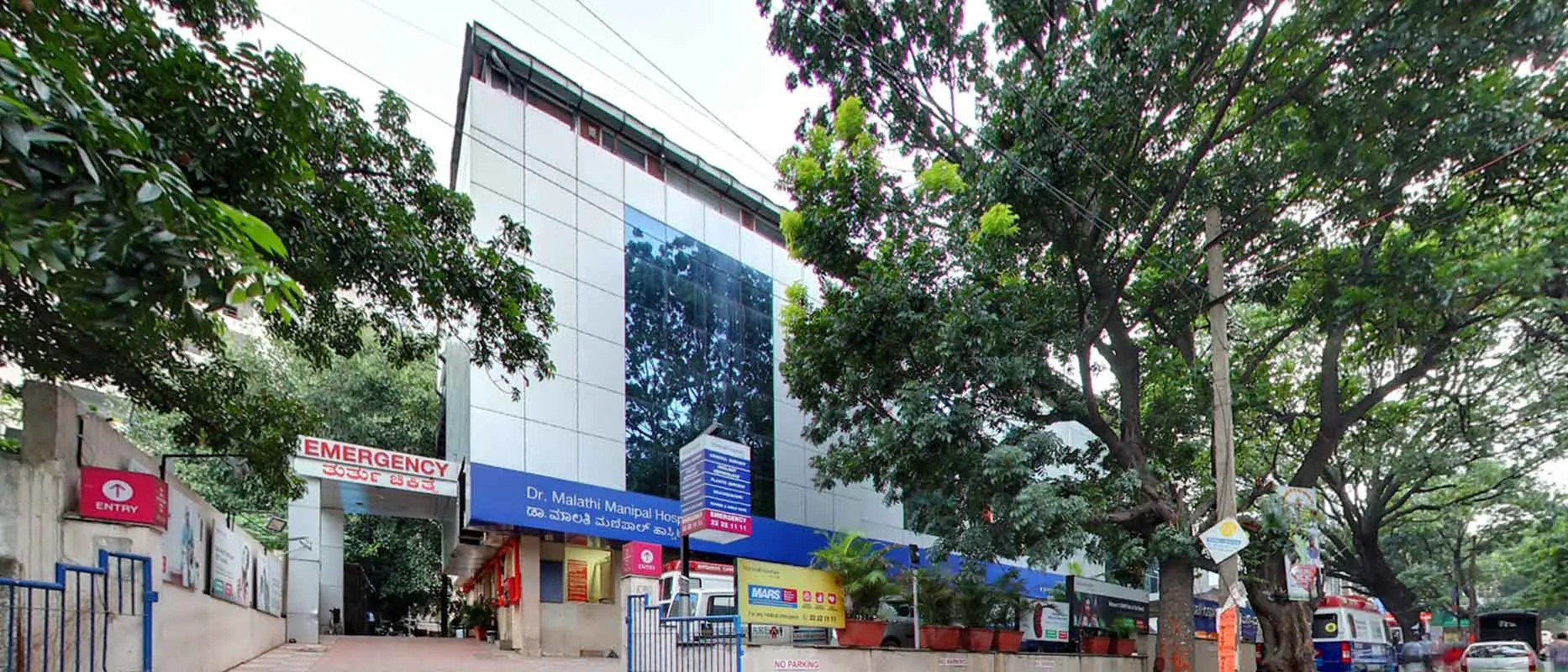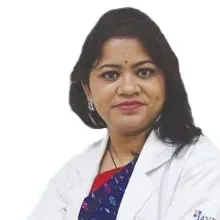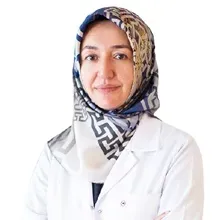Overview of Tuberculosis Treatment India
Tuberculosis is caused by bacteria, known as mycobacterium tuberculosis, which affects the lungs but can spread to other parts of the body, like the brain and spine. It is curable and preventable. When people with TB sneeze, cough or spit, they spread the germs in the air. Thus, it is contiguous, that is, it can spread from person to person. Its treatment includes medication and surgery. Most of the cases are cured with antibiotics. The medications are required for at least 6 to 9 months. According to WHO (World Health Organization), this disease is one of the top 10 causes of death globally.
Types of Tuberculosis Treatment India
Types of Tuberculosis
There are two types of tuberculosis:
01. Latent Tuberculosis - In this type of TB, people have germs of this disease in their body but the immune system prevents it from spreading. Generally, it does not show any symptoms, but infection is alive which can become active one day. For example, patients with HIV have weakened immune systems, thus are at higher risk of re-activation of this disease.
02. Active TB - It makes you sick and can spread to others. It can occur weeks or years after infection has entered the body.
Tuberculosis Treatment
The treatment will depend on the type of infection:
01. Latent TB - Doctor will give medication to kill the bacteria so that infection is killed before becoming active. Individuals will need to take medicines for up to 9 months.
02. Active TB - the common recommended drugs are ethambutol, rifampin and isoniazid. One needs to take these medicines for 6 to 12 months.
03. Drug-resistant Tuberculosis - doctors may give one or more medicines. These medicines need to be taken for up to 30 months.
There can be serious effects of these medications. All these medicines can be toxic to the liver. While taking these medicines, if you notice any below given signs, call your doctor immediately:
01. Loss of appetite
02. Vomiting
03. Jaundice
04. Dark urine
05. Blurred vision
06. Bleeding
Surgery for Tuberculosis
The surgery is performed to remove the part or all of the diseased tissue. Surgery is considered when:
01. Disease is localized
02. Remaining lung tissue is free of tuberculosis
03. Patients surgical risk to tolerate the surgery
In all cases, it is performed if it does not cause any damage to the lungs functionality. There are several types of surgeries, namely wedge resection, segmentectomy, lobectomy, bilobectomy, combined resection, pneumonectomy or pleuropneumonectomy and more. The success rate of surgery depends on the patient's overall health conditions.
Tuberculosis Prevention
01. To prevent spreading of tuberculosis, For latent infection, take all your medicines on time so that the infection does not come active.
02. For active TB, reduce your contact with people. If you want to go outside, cover your mouth while laughing, coughing or sneezing.
03. If you are visiting a place where tuberculosis is common, limit your time in crowded places.
Diagnosis of Tuberculosis Treatment India
Symptoms for Tuberculosis
Latent tuberculosis doesn’t have any signs and symptoms. However, signs of active tuberculosis disease include:
01. Coughing for 3 or more weeks
02. Coughing up mucus or blood
03. Chest pain
04. Weight loss
05. Night sweats
06. Fatigue
07. Fever
08. Chills
09. Loss of appetite
This disease can affect other parts of the body, including spine, kidneys or brain. When it occurs in other parts of the body, its signs depend on the organ involved.
Diagnosis of Tuberculosis
During a physical tuberculosis test, the doctor will check for lymph nodes and use a stethoscope to analyze the sound of lungs while you breathe.
01. Skin Test - A skin test is done to diagnose the disease. In this test, a small amount of substance called tuberculin is injected into the skin of the lower arm. After 2 to 3 days, the doctor will check the arm for swelling at the injection site. If you have a hard red bump that means you have a TB infection. The skin tests are not always accurate. It suggests that people have TB when they dont.
02. Blood Tests - Blood tests can confirm the type of tuberculosis that one is suffering from. It measures the reaction of the immune system to tuberculosis bacteria.
03. Imaging Tests - If you are diagnosed positive in a skin test, the doctor may order a chest X-Ray or CT Scan. These imaging tests can reveal white spots in lungs, and can reveal changes in lungs due to active TB.
04. Sputum Tests - If there are signs of TB, doctors may take samples of sputum. It is used to test for drug-resistant strains of TB. This further will help doctors to decide on medications that will work. The results of this diagnostic test are revealed in 4 to 8 weeks.
Symptoms and Risk factors
Tuberculosis Causes
It is caused by mycobacterium tuberculosis bacteria that spread from one person to another. This happens when a patient coughs, sneezes, speaks, laughs, spits or sings, and releases microscopic droplets in the air. Individuals are likely to catch tuberculosis if someone lives or works with a patient of untreated tuberculosis.
Tuberculosis Risk Factors
You are more prone to get tuberculosis if:
01. Friend, co-worker or family member with active tuberculosis
02. Living to traveling to an area where tuberculosis is common
03. Working or living in nursing home
04. Smoker
05. Being part of group in which tuberculosis is likely to spread
Your immune system not be able to fight tuberculosis, if you have:
01. Diabetes
02. HIV or AIDS
03. Neck or head cancers
04. Severe kidney disease
05. Chemotherapy
06. Low body weight
07. Certain medications to treat Crohn’s disease, psoriasis and rheumatoid arthritis
08. Drugs for organ transplants
09. Young children are also at risk of getting it because their immune system is not fully developed.
Tuberculosis Complications
Tuberculosis can lead to another health conditions, such as:
01. Lung damage
02. Joint damage
03. Damage to bones, brain, spinal cord, or lymph nodes
04. Kidney problems
05. Inflammation of tissues
Top Hospitals for Tuberculosis in India
Shaping the future of the healthcare institution and establishing the path to accomplishment.
Top Doctors for Tuberculosis in India
Empower your Health with the Expertise of Leading Medical Professionals.
Dr. Anish G Nair
Department of General Medicine
General Physician
Book Appointment
Dr. Sunny Kalra
Department of Respiratory and Sleep Medicine
Consultant Centre For Chest
Book Appointment
Treatment Costs for Tuberculosis
Be the change and be an opportunist in transforming healthcare.
How it's Works
Guiding your Journey from Discovery to Treatment Planning and Beyond.
Discovery
Get a consultation to discover about your treatment
Pre-Treatment
Admission to the best hospital and all pre-treatment facilities
Post Treatment
Get post-treatment follow-up care with medicine fulfillment
Treatment Planning
Hassle-free treatment planning with package & cost estimations
in-treatment
world-class quality procedures and equipment for treatment























